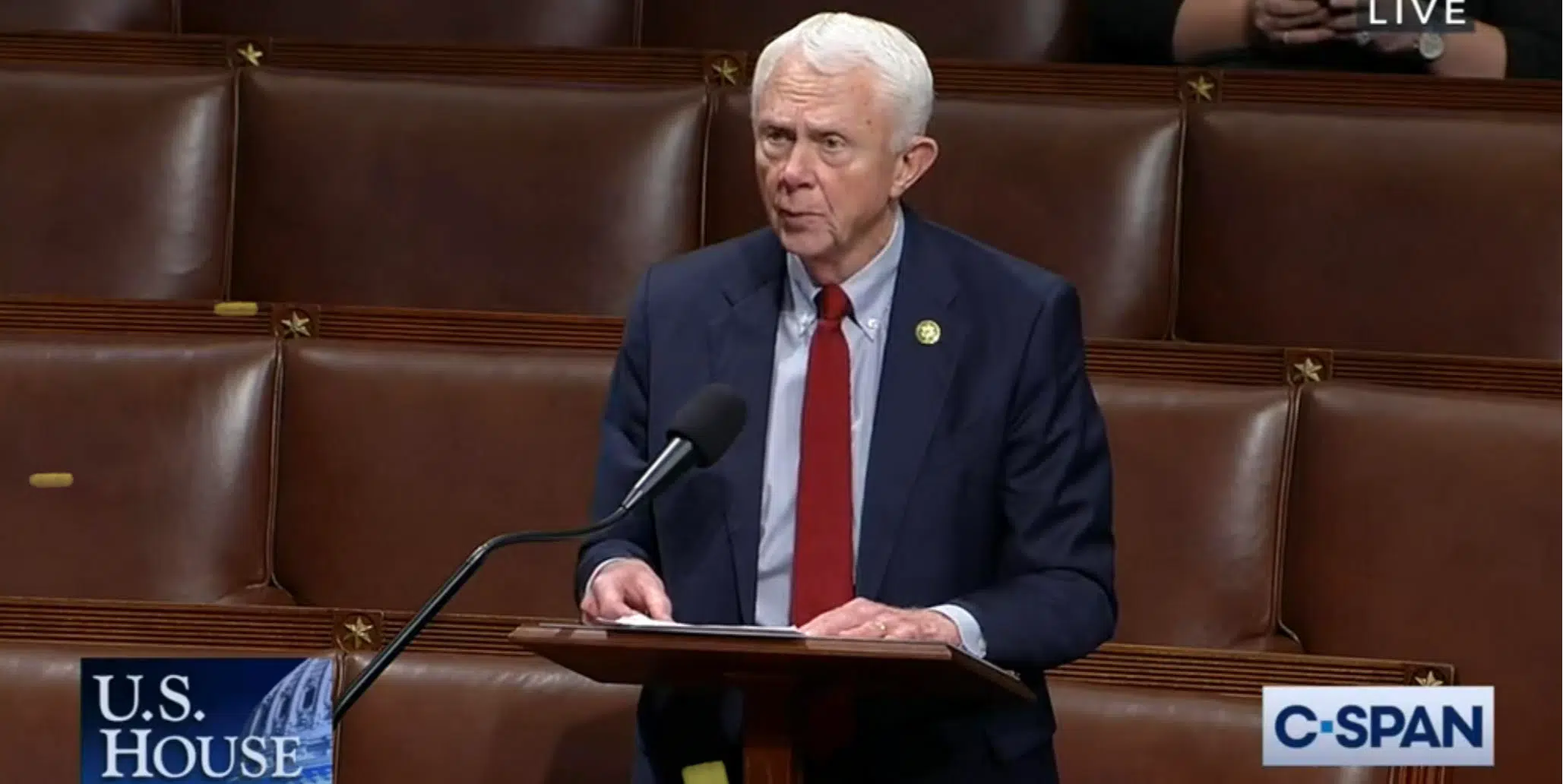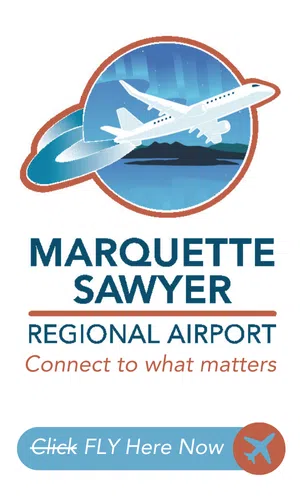Upper Peninsula Congressman Jack Bergman introduced four key pieces of legislation as Congress opened up a new session with Republicans in control of the House, Senate, and White House.
These pieces of legislation are the Firearm Industry Non-Discrimination (FIND) Act, the Victims of Immigration Crime Engagement (VOICE) Restoration Act, the Rural Broadband Window of Opportunity Act, and the Rural 340B Access Act.
Rep. Bergman has chosen to reintroduce these important initiatives at the start of the 119th Congress to further advance First District priorities – protecting our Second Amendment rights, giving a voice to those harmed by the border crisis, assisting our rural healthcare providers, and expanding broadband access and opportunity for Michigan’s First District.
“These four pivotal bills have one bottom line: freedom. Once passed, the bills will uphold the sanctity of our Second Amendment (FIND Act), provide a voice to those who have been victims of illegal immigrant crime and the Biden Border crisis (VOICE Act), expand broadband connectivity opportunities for our remote communities (Rural Broadband Window of Opportunity Act), and help keep our rural hospitals open (Rural 340B Access Act). It’s imperative that our communities are empowered with the resources necessary to thrive, and these bills I’m introducing will do just that. Each bill is designed to protect our freedoms in the First District and lift our entire region up,” Rep. Jack Bergman stated.
Background
1. FIND Act – the Firearm Industry Non-Discrimination Act
- The bill will fight back against “boardroom gun control” and protect our Second Amendment rights.
- Large financial institutions and other corporations, many of whom benefit from federal contracts, have increasingly adopted policies designed to hurt the domestic firearm industry – from forcing restrictions on the products they can sell, to outright refusing to provide basic services. These policies have, in effect, restricted access to legal firearms well beyond the democratically-established firearm laws at the state and federal levels.
- To address this problem, the FIND Act would prevent any businesses that discriminate against firearm businesses or associations from contracting or subcontracting with the federal government – ensuring that federal funding is not used to further these harmful policies.
Gun Owners of America Director of Federal Affairs Aidan Johnston noted, “GOA is thankful to Representative Jack Bergman for introducing this legislation to protect the firearms industry. Financial institutions and other companies that discriminate against the Bill of Rights don’t deserve the People’s business. We must ensure that the federal government doesn’t spend our tax dollars lining the pockets of those ‘woke’ corporations who choose to discriminate on the basis of Second Amendment-protected activities.”
“The National Rifle Association applauds Representative Bergman’s efforts to prevent Americans’ tax dollars from going to corporations that are looking to curtail the Second Amendment,” said John Commerford, Executive Director of the National Rifle Association, Institute for Legislative Action. “This bill would prevent corporations from profiting from taxpayer funds while simultaneously using their power in the marketplace to undermine the Second Amendment rights of law-abiding citizens.”
“The Congressional Sportsmen’s Foundation (CSF) thanks Congressional Sportsmen’s Caucus Member Rep. Bergman for his continued leadership on the FIND Act. It is important to provide lawful manufacturers, distributors, retailers, and others in the firearms and ammunition industries protections against discriminations that are improperly based on the type of business they are engaged in,” said CSF President and CEO Jeff Crane
2. VOICE Act – the Victims of Immigration Crime Engagement Restoration Act
- The VOICE Act will re-establish the Victims of Immigration Crime Engagement Office within the Department of Homeland Security. It would reinstate this Office which the Biden Administration terminated, thereby ensuring victims of illegal immigrant crime have access to the partnerships, resources, and support they need.
3. Rural Broadband Window of Opportunity Act
- The Rural Broadband Window of Opportunity Act will level the playing field for broadband expansion in Northern Michigan and the Upper Peninsula. Specifically, the bill would require the Federal Communications Commission (FCC) to prioritize the processing of broadband expansion applications located in areas with shorter build seasons.
- The bill would ensure the applications for broadband buildouts in areas with limited construction seasons, such as due to long and snowy winters, are processed faster than others. Any bureaucratic delays would have greater negative consequences in Northern Michigan and the Upper Peninsula than in areas with more temperate climates. This legislation will prevent those delays.
- This legislation will improve the Rural Emergency Hospital (REH) designation and help to keep emergency departments in rural areas open. The REH designation was created by Congress in 2020 to address rural hospital closures and ensure remote communities maintain access to emergency health facilities. Under this designation, rural hospitals receive direct financial support and increased Medicare reimbursement if they maintain 24-hour emergency departments, observation beds, and other key health services.
- Unfortunately, when Congress created the designation, REHs were not included as eligible facilities under the 340B drug discount program, which provides rural hospitals and health clinics with discounted prescription drugs. 340B is a critical source of income for rural providers, including 20 hospitals in Michigan’s First District. The Rural 340B Access Act will correct this oversight by including REHs as eligible for 340B, making it a more viable option for providers and helping to keep rural ERs operational.



























Comments